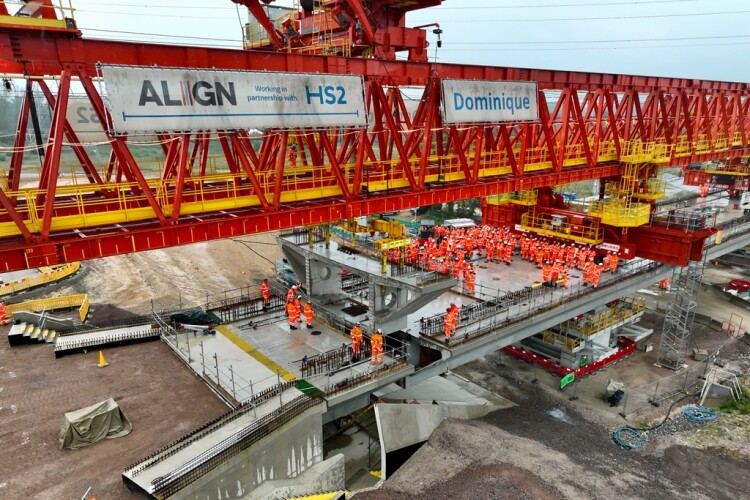In the lead up to the first anniversary of the cancellation of HS2 Phase 2, the Institution of Civil Engineers (ICE) has set out lessons for decision makers.
What comes across is that it was always all about politics – “It is not possible to separate politics from major infrastructure projects”, the report concludes.
The initial planning was rushed by the then Labour government to get HS2 Ltd set up before the 2010 general election. The planning permission process, via a hybrid parliamentary bill, made the whole project transactional – tunnels were lengthened to gain political support with little or no consideration of the cost-benefit rationale.
The report also highlights that there was too much turnover in leadership at HS2 Ltd, meaning that significant decisions got dumped by new managers with insufficient understanding of the implications of their actions. The report says: “The personnel changes…meant that intended future decisions, not made but tacitly understood, would have been lost. One example is the expectation that HS2 would use standardised designs for bridges; this was not followed through in procurement decisions, with huge cost implications.”
The actual construction bit is fine, the ICE says. “What has been achieved so far on Phase 1 demonstrates the civil engineering and construction capability in the UK to deliver a project of this scale,” it says. “HS2 has driven innovation in delivery practices, including pioneering ways to reduce the impacts of large-scale infrastructure projects.”
Recommendations in the ICE’s paper, The cancellation of HS2 Northern’s leg – learning lessons, include:

- Infrastructure projects’ intended outcomes must be clear
The benefits of projects must be clearly defined and communicated so there’s clarity and consistency about the project’s purpose for politicians and decision-makers, media, and the public. In the case of HS2, the lack of clear transport objectives meant the strategic need was not clear.
- Who is in charge of infrastructure projects must be clear
Clarity about how decisions are made, who makes them, and when is essential. Corporate governance and technical understanding in sponsoring government departments should be improved to help with decision-making. In the case of HS2, steps should have been taken to protect institutional memory as the project progressed. Important knowledge was lost when people moved on to other roles.
- Large-scale infrastructure projects must spend more time in development
Contracts need to be based on mature designs, not concepts, and sufficient time is needed to assess different options and best-practice approaches. In the case of HS2, a standardised design could have been used for things like bridges, which would have helped to keep costs down, but this was not clearly agreed in the development process.
Jonathan Spruce, ICE trustee for policy and external affairs, said: “The cancellation of HS2’s Northern leg exemplifies how impossible it is to separate major infrastructure projects from politics. To succeed and deliver desired outcomes, projects like HS2 require commitment that spans parties and political cycles. The number one lesson is that governments need to think long-term, select and prioritise projects based on strategic needs, and follow through. Getting it right improves people’s lives.”
CK Mak, honorary professor at the University of Hong Kong, who chaired the paper’s steering group, said: “Political and public support for infrastructure projects is more important than ever. Understanding why a flagship project like HS2 failed and what needs to be done differently is relevant not just for the UK, but for governments all over the world.”
Got a story? Email news@theconstructionindex.co.uk



